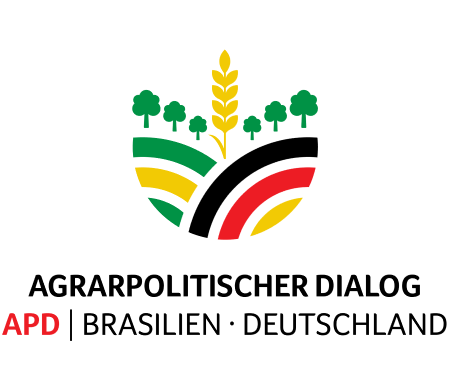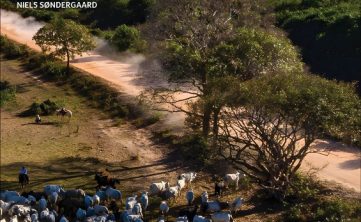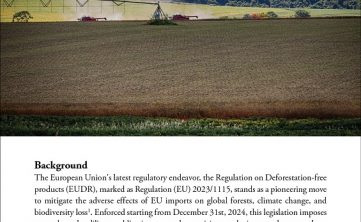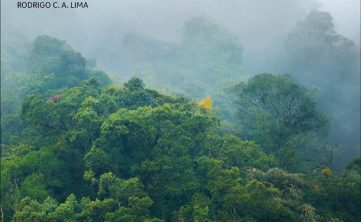Animal Traceability in Brazil
Inputs for establishing a nationwide system to ensure deforestation-free cattle production in Brazil
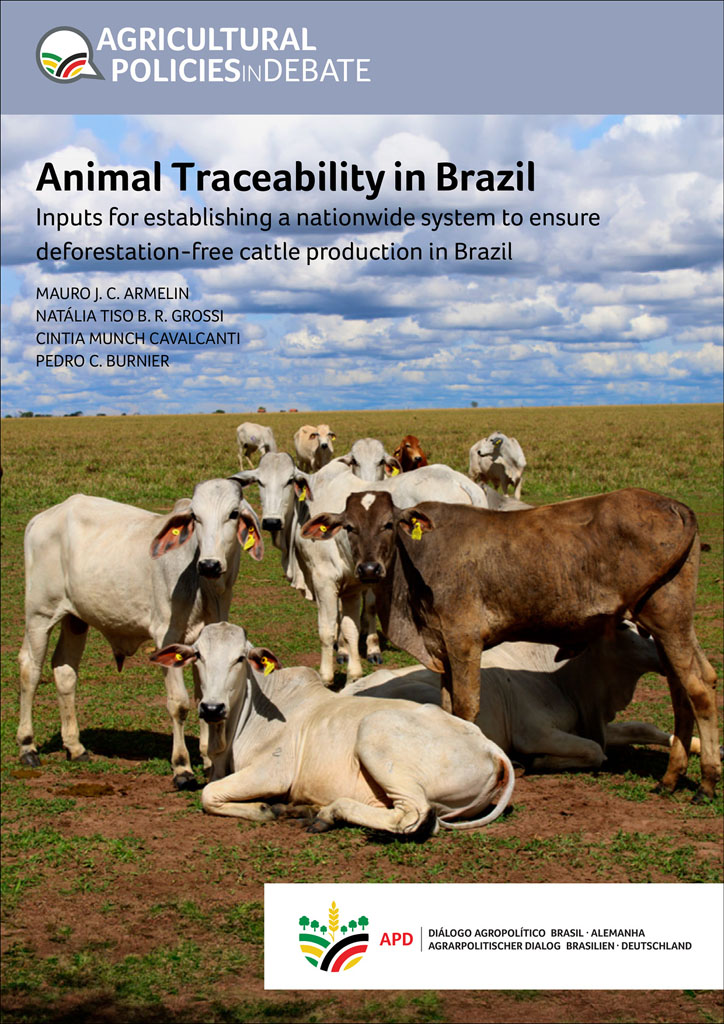
The purpose of this technical report is to present a brief overview of the current situation with animal traceability in Brazil, highlighting its main challenges and opportunities, and to propose a series of measures to be implemented mainly by the government. The goal with this report is to establish a minimum legal framework for domestic production of deforestation-free cattle and reduce the participation of cattle production chain in the processes of natural habitat conversion, degradation and deforestation in all Brazilian biomes.
Traceability for sanitary purposes is already well consolidated in Brazil. However, to meet the most recent global demand for food, attributes such as social and environmental issues have become equally important. This discussion is even more relevant when the subject is cattle ranching, because despite its economic relevance, this has been the main activity associated with deforested areas in the country and is even classified as a high-risk commodity by some international markets.
Considering that new international regulations seeking to bar the importation of products associated with deforestation that are already being discussed and approved by relevant importing markets, Brazil very soon will need to promote improvements and modernizations in the currently existing systems and implement new instruments capable of attesting to the socio-environmental traceability of its cattle. To make these changes feasible in a fast, robust and scalable manner, the report proposes the creation of a National Traceability Plan, one of whose roles would be to organize the different government bodies and instances around the establishment of a National Cattle Traceability System.
The present report does not intend to provide detailed technical guidelines for drafting the national plan or to exhaust all the details, mechanisms and instruments necessary to make the establishment of this type of public policy feasible. That must be done within a specific working group composed of government agencies and representatives of the main segments of the Brazilian beef supply chain.
Autoren

Mauro J. Capóssoli Armelin

Natália Tiso B. R. Grossi

Cintia Munch Cavalcanti


